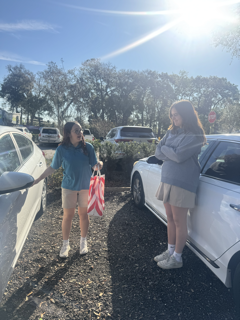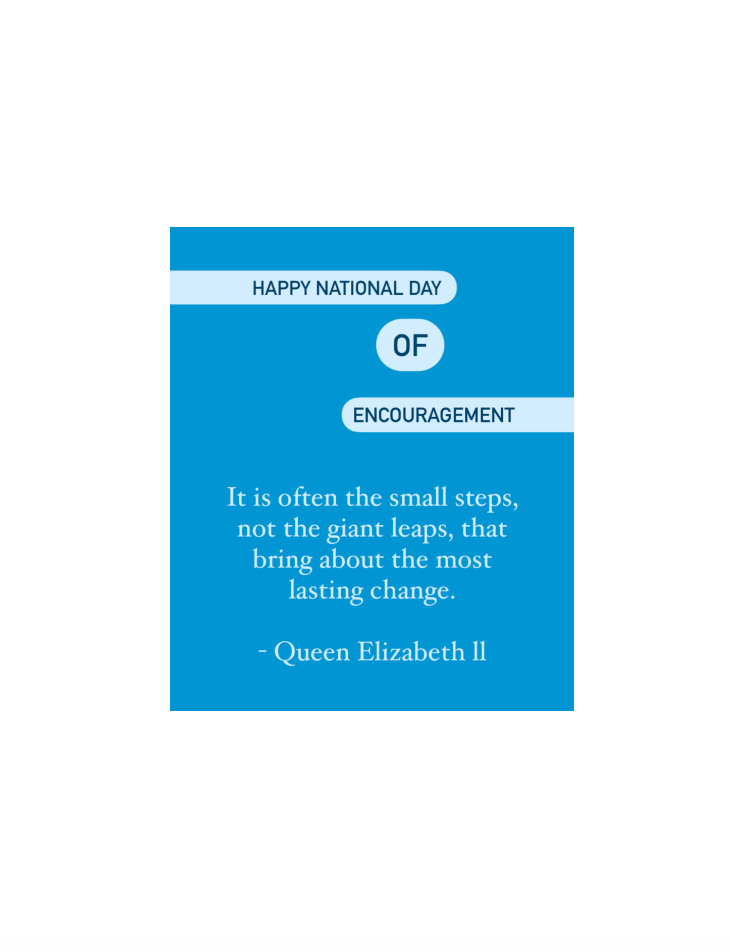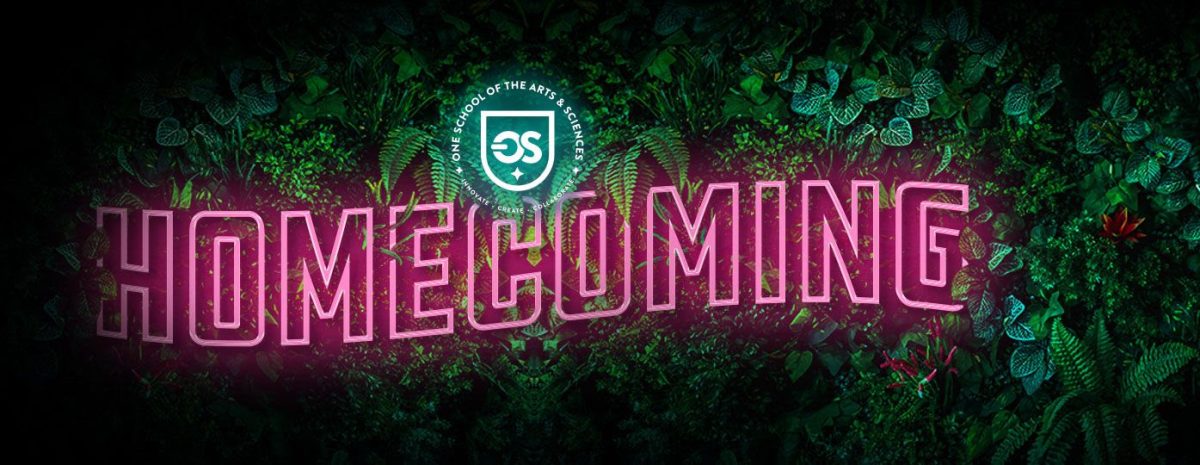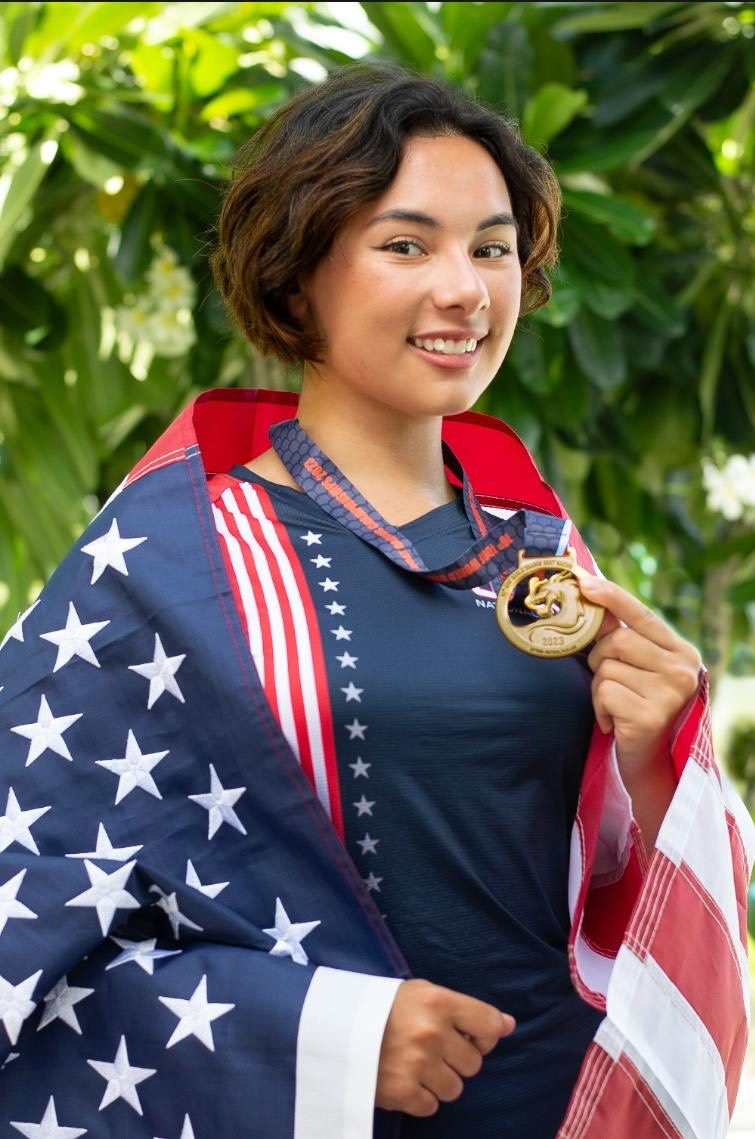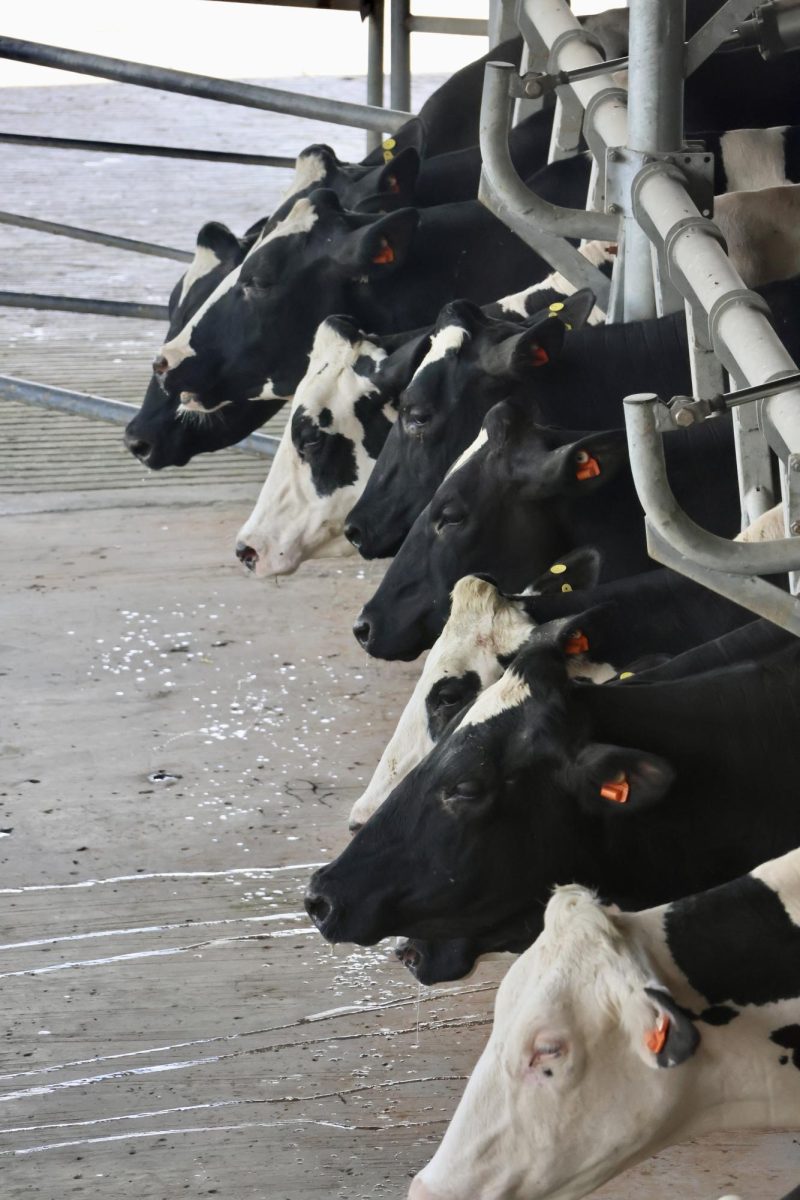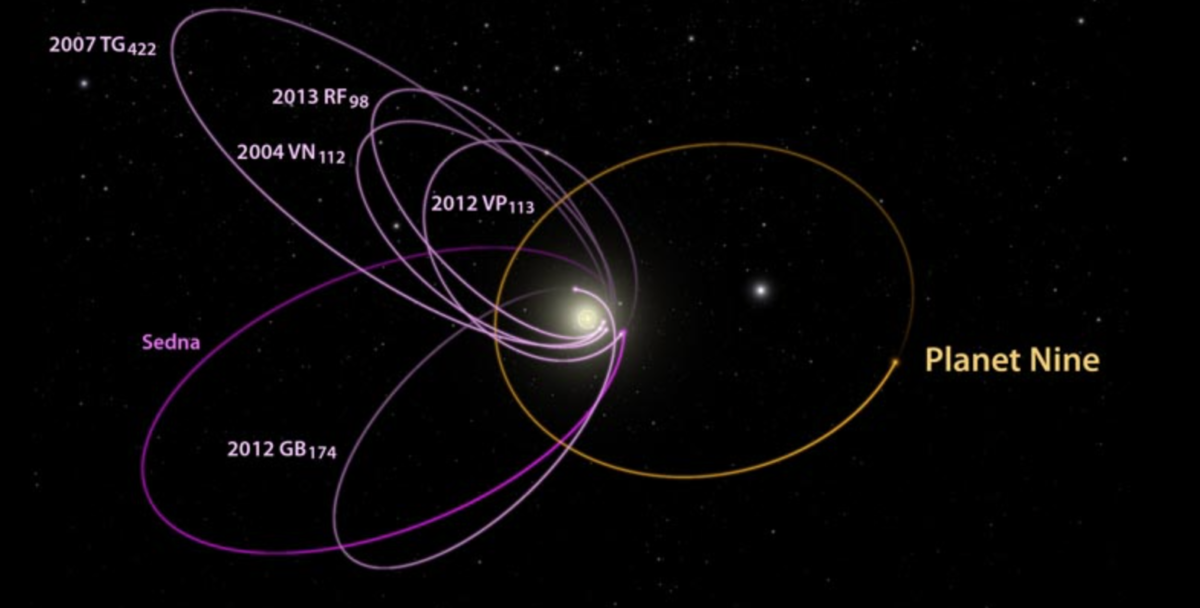Have you ever considered a vegan diet? Requiring you to forgo all things originating from a living creature, including non-meat items such as cheese, honey, and milk products. Now think about what you eat and drink on a daily basis: your morning portragese iced coffee, a nice steak dinner, or an afternoon tuna sandwich. So much of our American diet is centered around animal products, making the vegan diet quite a controversial decision, which begs the question: why do people take up the vegan diet?
According to Veganism and Vegetarian in the United States- statistics & facts, about 4% of the U.S. Population consistently practices the vegan diet. While not many people participate in veganism, there are many reasons people choose the vegan diet, such as a lower risk of health issues, aid in weight loss, decreased animal cruelty, traditional or religious reasons, and helping the environment. However, according to The Impact of the Vegan Diet, “While studies have shown that a vegan diet (VD) may be associated with improved health outcomes, the negative health repercussions of these food preferences, on the other hand, are rarely highlighted, and veganism may be associated with negative health effects due to nutritional deficiencies.”
Weight Loss
The vegan diet aids in weight loss due to the higher amounts of water and fiber found in fruits, vegetables, and legumes, which, while filling, are less dense in calories. Studies from a Medical News Today article by Robby Berman share, “A new study finds that following a plant-based diet is more associated with weight loss for overweight adults than a standard omnivorous diet.” While the diet is good for losing weight fast, without careful watch, it can lead to malnourishment. According to Malnutrition in Vegetarians and Vegans, “Vitamin B12 is found primarily in meat. According to several studies, 92% of vegans experience vitamin B12 deficiencies, resulting in anemia, exhaustion, and a greater likelihood of coronary artery disease.” People who actively practice the vegan diet are advised to eat protein and vitamin substitutes to avoid malnutrition.
Reduced Health Issues
Along with weight loss, the vegan diet reduces the risk of health issues because low-cholesterol foods help with diseases such as cancer, heart disease, improved kidney function, cardiometabolic diseases, such as cardiovascular disease, type 2 diabetes mellitus, obesity, and non-alcoholic fatty liver disease. Even though the vegan diet can lower the risk of these health issues, according to Saint Luke’s, “ researchers found that avoiding all animal foods may lead to nutritional deficiencies in vitamin B12, omega-3, calcium, zinc, iron, magnesium, and high-quality protein.” These deficiencies can result in higher mental health problems such as depression and anxiety, Hair loss, weak bones, muscle wasting, skin rashes, hypothyroidism, and anemia. There are pros and cons to the vegan diet, and while it may help people with health issues, sticking strictly to the diet may not be good for everyone.
Decrease in Animal Cruelty
One main reason for going the vegan route is reducing the demand for meats, which results in fewer animals being bred to be slaughtered. According to Going Vegan For the Animals, “Every year, around 1 billion animals are farmed and slaughtered for consumption in the UK alone – and this doesn’t include fish and marine animals. The vast majority of these animals will have been raised in intensive conditions, commonly known as factory farming.” Due to these conditions, many vegans have substituted the nutrients found in meat for tempeh, jackfruit, tofu, beans, seitan, mushrooms, cauliflower, and plant-based meats. Vegan meats do not have the same amount of nutrients found in meats, but they do reduce animal cruelty.
Traditional/Religious
Certain beliefs or traditions can influence the decision to be vegan, according to Green Peace. “Plant-based eating is deeply rooted in three of the prominent religions practiced in India – Hinduism, Jainism, and Buddhism. All these religions believe in the concept of Ahimsa, which means kindness and non-violence towards all living things.” The first vegan society in America was founded in 1948 after adapting the concept of nonanimal violence from Ahimsa culture. Though not all vegans have chosen their lifestyle because of religious or traditional reasons, it is important for other vegans.
Environment
The environment is affected by what we eat and how much of it we eat since the more people demand, the more the supply produces. According to the United Nations Climate Action, “Food needs to be grown and processed, transported, distributed, prepared, consumed, and sometimes disposed of. Each of these steps creates greenhouse gases that trap the sun’s heat and contribute to climate change.” The same article shows that foods that take the least amount of energy, land, water, and greenhouse gas are plants, while animals and seafood take more. Therefore, the vegan diet is helping the environment by having a more plant-heavy diet. According to Vegan Diet Massively Cuts Environmental Damage, study shows, “The research showed that vegan diets resulted in 75% less climate-heating emissions, water pollution, and land use than diets in which more than 100g of meat a day was eaten. Vegan diets also cut the destruction of wildlife by 66% and water use by 54%, the study found.”

Mr. Martinous has been a vegetarian most of his life and grew up with a similar non-meat diet. His main reason for continuing in the vegetarian and vegan lifestyle was the way it helped the environment and was a more sustainable way to get food to everyone. He continued this lifestyle until he and his wife Alison got into a debate about vegan vs. vegetarianism, in which they argued whether or not it was okay to eat eggs. Mr. Martinous argued that since the egg was unfertilized, it was okay to eat it. However, his wife won with the point that the production line is the problem because to get unfertilized eggs at the rate and quantity that exists at the grocery store, you would have to kill baby chicks. This resulted in Mr. Martinous joining his wife in veganism after considering how the way eggs are harvested from animals. Now, he and his wife continue to eat the vegan diet together by intentionally eating foods with enough nutrients and taking B12 vitamins.
Mr. Martinous said, “The biggest thing that makes it possible is that we are both doing it together; it’s kinda the pillar of my relationship with my wife in how we eat together and have meals.”
In conclusion, when considering the outcomes, veganism has both benefits and losses. Though the vegan diet results in effective weight loss, malnutrition may occur without certain nutrients found in meats and dairy. Along with weight loss, veganism contributes to battling diseases, but without the proper vitamins, it can lead to other sicknesses. Many people choose the diet for the decrease in animal cruelty, for environmental reasons, or for traditional and religious reasons. A proper vegan diet containing protein and vitamin substitutes can have great results for the person and the world.




